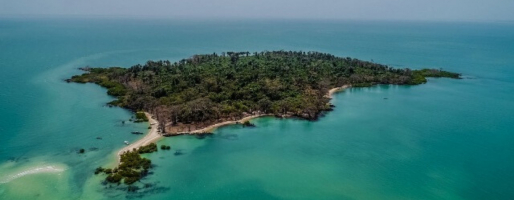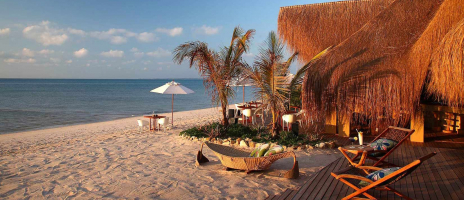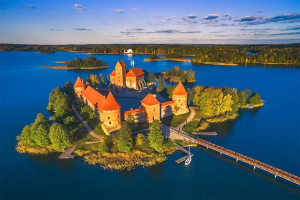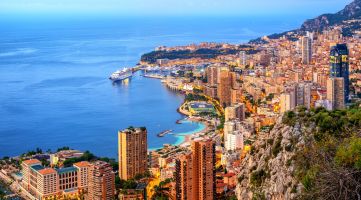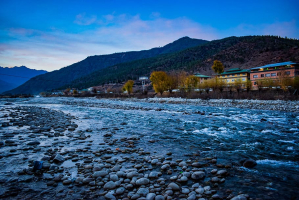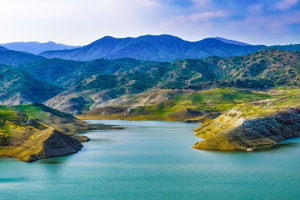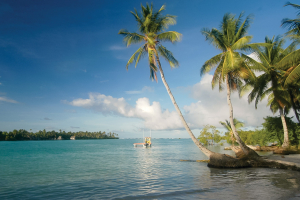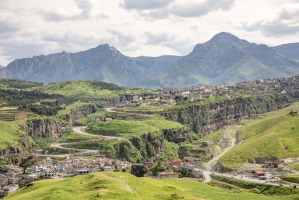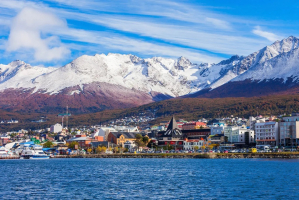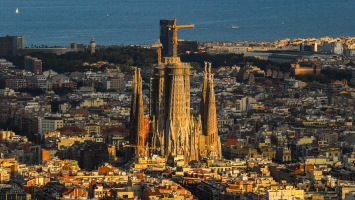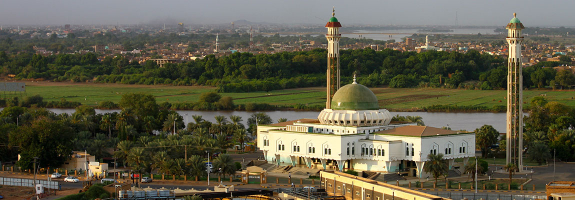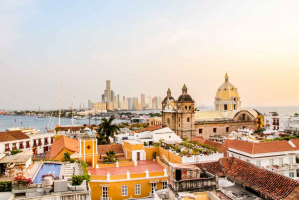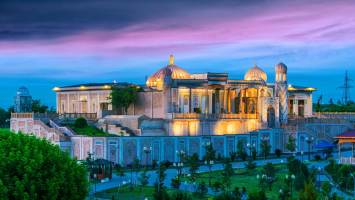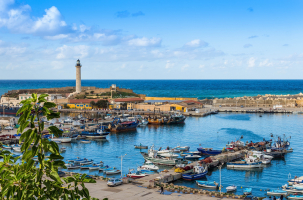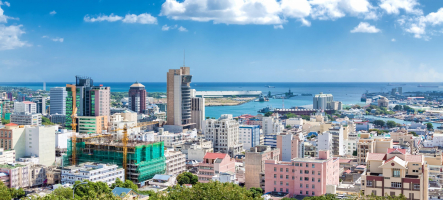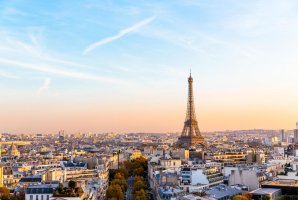Top 8 Things to Know Before Traveling to Belgium
Traveling to the country of odd peeing monuments and gorgeous medieval cities isn't usually a risky endeavor. But it's better to be safe than sorry, and here ... read more...are some Things to Know Before Traveling to Belgium.
-
It's normal to be excited at the prospect of finally getting to experience Belgium's renowned beer culture, but keep your cool before attempting to sample every Belgian brew available. The drinks that Belgians are most proud of, like as Westvleteren 12, Gulden Draak, and Rochefort 10, are typically between 7.5 and 10.5 percent alcohol.
So don't expect to follow in the footsteps of your seasoned Belgian drinking mates who can down three of these whoppers in a row without blinking without ending up in the gutter.
You'll get to consciously taste more of the tasty heavy brews if you take it easy on them. Belgium is one of the few countries where there is no legal requirement for a last call. If the environment is good, many bars will stay open all night. Without rushing, you'll have plenty of time to sample several of Belgium's finest without becoming a drunken mess.
http://www.huffingtonpost.com/ 
https://www.smithsonianmag.com/ -
Like beer, you're certainly familiar with some aspects of Belgian cuisine. That's because several of these Belgian delicacies are quite delicious! Belgian waffles, Belgian chocolate, and frites have all become instantly identifiable. You've probably heard of moules-frites, Belgium's unofficial national meal, which consists of mussels and fries.
However, there is enough of other cuisine to sample. Speculoos, a spiced biscuit with cinnamon and ginger, and cuberdon, a sweet and sticky cone-shaped confection, are on the sweeter end of the scale. Stoverij, a dark beer-braised beef stew, and waterzooi, a creamy chicken stew, are two savory options. Cubes of sharp cheese dipped in mustard are a truly addictive way to fill up while enjoying a few beers as a bar snack.
So go ahead and start with the Belgian cuisine you're familiar with, but don't miss out on all the amazing Belgian delicacies you didn't know existed!
https://www.inyourpocket.com/ 
https://www.cooksfood.net/ -
The issue is that Belgians are. Bikes are literally everywhere in Belgium! Belgians appear to find cycling second nature, whether for commuting or a weekend excursion.
This means that touring Belgium by bike is a very authentic experience. City bikes, such as Blue-Bike, are available in several cities, including Ghent and Brussels. Because Belgium does not have helmet rules like Australia, these programs are easy to use. Then there are the brilliant double-decker bike racks found at train stations, which are designed to handle the massive number of people cycling to train stations.
Eddy Merckx and Philippe Thys are two famous Belgian tour winners. Merckx is the first cyclist to win the general classification, points classification, and king of the mountains classifications in the same race, and he is one of a select handful of cyclists who have won a race on their first try.

https://landezine-award.com/ 
http://theculturetrip.com -
This may be the most difficult aspect about visiting Belgium to convey. It's something I've had a lot of experience with, but I wouldn't know where to begin to put it into words. The Belgians, like the British and the Americans, have their unique sense of humor.
Aside from talking to individuals, comic books and Carnival seemed to be two locations where it came up. Comic books are an important aspect of Belgian culture, serving as both pleasure and social commentary. Political cartoons are frequent in Belgium, and they rarely hold back. The floats and costumes I saw at the Aalst Carnival were similar, with plenty of political and social commentary.
All of this means that Belgians can be a little self-deprecating and provocative at times. Of course, in broad terms. It may or may not come up in your daily encounters in Belgium, but it's important knowing about if it does.

https://www.thebulletin.be/ 
https://laughteryogawithalexa.com -
Belgium, as a member of the EU and a member of the Schengen Zone, is roughly as accessible as most popular European locations. You have the advantage of borderless immigration with its neighbors, but you also have the ticking clock that comes with your number of days inside the Schengen Area.
There's also the issue of traveling to Belgium. In order to enter Belgium, you must fly into one of two Brussels airports: Brussels Zaventem or Brussels Charleroi. There are also several smaller airports, such as in Antwerp, but there's a slim chance you'll use them. Flying to Brussels is surprisingly simple, thanks to its extensive network of links and regular flight bargains.
Of course, Belgium's multiple geographical borders are another major access point. Belgium's borders are formed by the Netherlands, Germany, Luxembourg, and France, all of which have excellent bus, train, and road connections. Not only is it simple to include Belgium in itineraries that pass via these countries, but it's also conceivable to fly into and out of airports like Rotterdam or Düsseldorf and then take the train into Belgium.
The notion that you can board a train in London and arrive in Brussels two hours later is perhaps the most astounding aspect of it all. Yes, the high-speed Eurostar takes you through the Channel Tunnel and allows you to travel quickly and comfortably.

https://www.thebulletin.be/ 
http://www.europarl.europa.eu -
Belgium is a multilingual country, which makes visiting more interesting and convenient. Listening to the people around you can be an entertaining exercise because the official languages are a variety of Dutch known as Flemish, French, and a little German. Of course, it all depends on where you are in the country. While it is not always so evident, Dutch is spoken in Flanders, French in Wallonia, and a mix in Brussels.
Belgium is separated into two geographical regions: French-speaking Wallonia in the south and the Flanders region in the north, which speaks a variant of Dutch known as Flemish. Brussels, being sandwiched between these two regions, is bilingual, with residents speaking both French and Dutch. Belgium is a trilingual country, because a small section of Wallonia in the south is dedicated to German speakers. This is among the top Things to Know Before Traveling to Belgium.

https://www.reddit.com/ 
https://www.flickr.com/ -
Belgian commuters may not always admit it—we all like a good gripe—but the country's railway system is quite efficient when compared to some of its European counterparts. Trains are the ideal alternative for traveling between cities because of their low fares and quick connections, and pets are welcome.
A Rail Pass, a 10-trip card that costs €7.70 per train ticket regardless of Belgian destination and may be used by numerous people, is frequently the best option for travelers who want to tour several historic cities in Belgium. With the Go Pass 10, a 10-trip pass, backpackers under the age of 26 can travel for €5.20 each voyage. The Go Pass 1 takes young people anywhere for €6.20 for a one-way travel.

https://www.locationscout.net/ 
https://www.goodfreephotos.com/ -
Brussels (Vendôme, Styx, Actor's Studio, Cinema Nova, etc.) is the hostess with the mostest when it comes to independent movie theaters, but several other major cities are also waving the flag for art house cinema. In Antwerp, the little neighborhood theater Cartoon's has been revived, and Cinema Zuid has always been the home of the real cinephile, with its screenings of classics and silent films accompanied by live piano music.
Ghent's cinema fans are served by the student-run KASK, the festival-oriented Sphinx, and Studio Skoop with its retro movie-themed café, while Leuven's Cinema ZED has just inaugurated a second location, much to the delight of its regular moviegoers. This is among the top Things to Know Before Traveling to Belgium.

https://www.belgianboutique.com/ 
https://www.pinterest.com/










